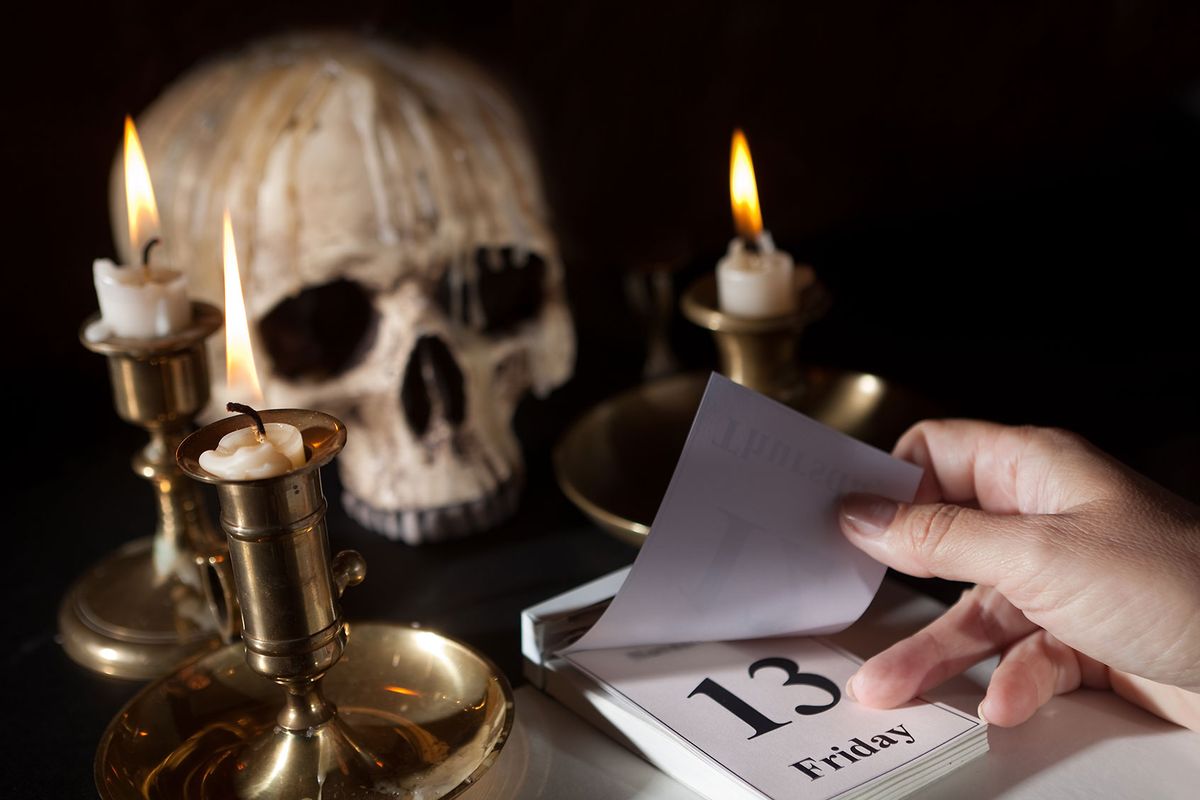Some historians trace the cursed idea back to Norse mythology, when Loki (not Tom Hiddleston’s Loki y’all), the god of mischief, crashed a banquet in Valhalla bringing the number of gods at the event at 13. Loki then tricked one of the gods into shooing his brother, Balder the god of light and goodness. The superstition traveled its way throughout Europe and found its way to the Mediterranean by the start of the Christian era. Enter Jesus and the Last Supper.
The Last Supper comprised Jesus and his 12 disciples, with some counting the 13th attendee as Judas Iscariot, the disciple who famously betrayed Jesus, leading to the messiah’s crucifixion on Good Friday. Friday is also said to be the day that Adam and Eve ate the forbidden fruit; the day Cain murdered Abel; and the day Noah’s ark set sail in the Great Flood. All of these significant biblical events, cemented Friday as a historically bad day, but it wasn’t until the 1800s were Friday 13th became synonymous with bad luck.
But it’s mostly Western Christianity that formed our ideas of the date’s misfortune. In pagan times, Friday was believed to have a unique association with the divine feminine and 13 the number was associated with the lunar and menstrual cycles in the calendar year.
FOLLOW US ON GOOGLE NEWS
Read original article here
Denial of responsibility! Web Times is an automatic aggregator of the all world’s media. In each content, the hyperlink to the primary source is specified. All trademarks belong to their rightful owners, all materials to their authors. If you are the owner of the content and do not want us to publish your materials, please contact us by email –
webtimes.uk. The content will be deleted within 24 hours.

